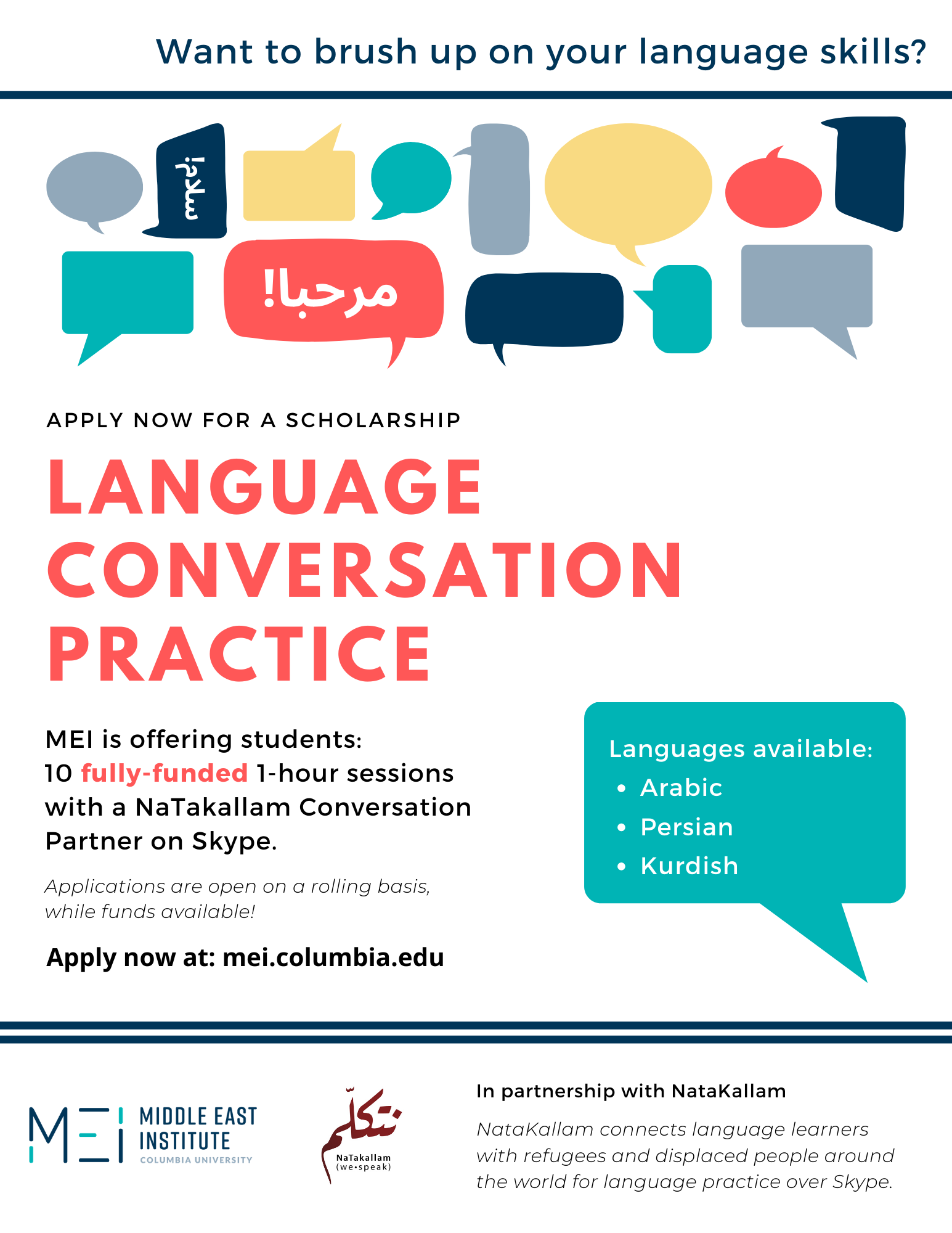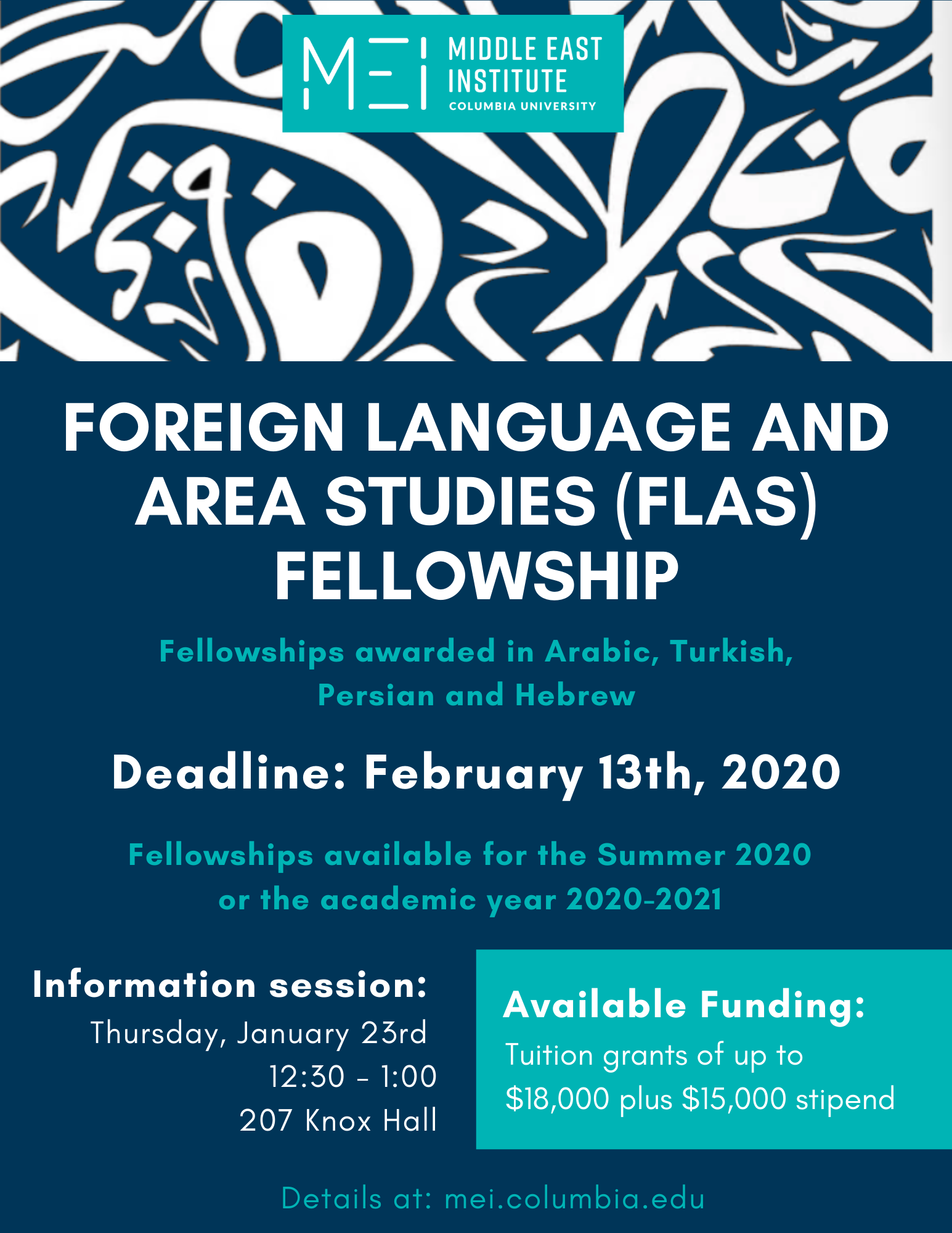New Moon Rising: American Muslim Artists Perform
Join us for a free online concert featuring prominent American Muslim artists to celebrate our 2020 Columbia graduates!
About this Event
The Center for Muslim Societies at Columbia University presents "New Moon Rising: Muslim American Artists Perform" to celebrate Columbia University's 2020 graduating class, and to commemorate the launch of CSMS. Join us at 3pm EST on Saturday, May 30 for a stunning concert featuring Rachid Halihal, Salieu Suso, Amir Sulaiman, Mitra Sumara, Zeshan Bhagwadi, Akram Ahmad Al-Mustafa, Maalem Hassan Benjaafar, Amir ElSaffar, Maimouna Youssef, and Alsarah of the Nubatones.
Registration is required. Register Here: https://www.eventbrite.com/e/new-moon-rising-muslim-american-artists-perform-tickets-105806907308
Organizers: Middle East Institute, Center for the Study of Muslim Societies, Columbia Religious Life



















